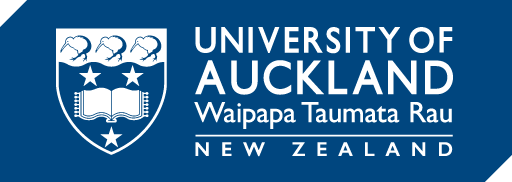by crus754 | Mar 19, 2009
Modelling Health Care: Combining real-world data in an “expert system” to test policy scenarios
Peter Davis, Director, COMPASS
There is increasing interest in the application of computational techniques in the social sciences, particularly in the area of modelling social processes. We present preliminary work in building a micro-simulation model of the system of decision-making in health care in the community whereby people experience illness and go to the doctor, who then responds. We combine data from different sources to give this model a solid base in the “real world” and we test it against external data. Policy scenarios are foreshadowed. There are major opportunities for collaborative work across disciplinary boundaries.
Note: COMPASS (www.compass.auckland.ac.nz) is a research group at UoA that uses quantitative, computational techniques in social sciences. The main purpose of this talk is to explore collaborative possibilities between the two groups.
by crus754 | Mar 8, 2009
Speaker: Arkadii Slinko
Affiliation: The University of Auckland
Title: Axioms for ex-post rationality
Date: Monday, 9 Mar 2009
Time: 3:00 pm
Location: Room 401 (small math seminar room)
A Decision Maker (DM) must choose at discrete moments from a finite set of actions that result in random rewards. The environment is complex in that she finds it impossible to describe the states of the world and is thus prevented from application of standard Bayesian methods of expected utility maximisation. The DM can however be ex-post rational. If she knows the utilities of the prizes she may, at each step, maximise the “expected utility” of each action using empirical frequencies of the rewards. We give axioms for such ex-post rational behaviour.
Mathematical apparatus used is that of multisets and multiset rankings developed by the presenter in a paper with Murat Sertel (2002).
We also consider the topic of utility elicitation which requires the apparatus of random walks on a non-standard grid. An interesting open question will be formulated that may be a topic for a research project or an Honours dissertation.
The paper is written jointly with Murali Agastya (UNSW, Australia and NUS, Singapore).
Everyone welcome!

Recent Comments